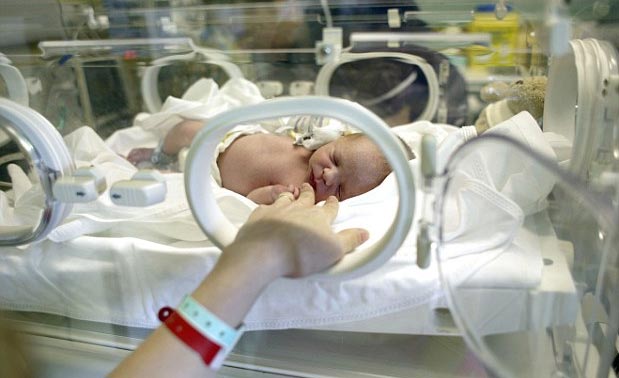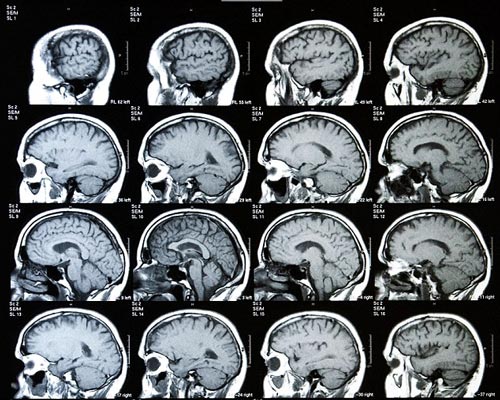Preterm birth changes a child's brain connection
A new study finds that preterm birth changes the way children connect their brains and this may help explain the occurrence of autism.
Premature babies have a high risk of developing neurological diseases
Scientists at King's College London say their findings will help researchers better understand why premature births are related to the risk of developing neurological problems, for example. Such as autism and concentrated impairment disorder, greater attention.

According to a study report published in PNAS, experts used magnetic resonance imaging to examine certain connections in the brains of 66 children. 47 of them were born before the 33rd week of pregnancy and therefore face high risk of neurological impairment. The remaining 19 babies were born full and full-day.
Brain connections are checked between the hippocampus and the cortex. These are rapidly developing connections during the period when a premature baby is cared for in the hospital's neonatal department.
The team found that babies born full-term and full-term, that is, within the 37th to 42th week of pregnancy, have a very similar brain connection structure in adults. It reinforces the existing evidence that confirms, the connected network of the human brain is completed at birth.

However, premature babies born before the 33rd week of pregnancy are found to have fewer connections between hilly areas and certain areas of the cortical region that support higher cognitive functions. However, they have a greater connection between hilly areas and an initial visual cortical area, involving the processing of signals from the face, lips, tongue and throat.
The younger the baby is born, the difference in the type of their brain connection compared with the full-term, full-term babies.
Experts say stronger connections to the face and lips in premature babies may reflect their early exposure to breast-feeding and bottle-feeding. Meanwhile, the decline in connections in other brain regions may be related to the greater occurrence of later difficulties in childhood.
Dr. Hilary Toulmin, the head of the research team, said the next step, she and her colleagues, will find out if the new discovery involves learning, concentration, attention and social difficulties. How many other congregations many premature babies face when they grow up.
Professor David Edwards, a member of the research team, added: "A few years ago, modern science has not been able to vividly describe connections in the human brain. However, we can now Observe the brain development in children as they get older and this is more likely to produce significant benefits for medicine ".
- How to predict premature birth
- Preterm birth can be caused by bacteria
- Preterm birth affects lifelong health
- Control neurons by wireless connection
- For the first time, scientists can connect the human brain to the internet
- Human brain grows fastest right after birth
- Blood tests can predict pregnant women giving birth prematurely
- Still living well despite missing half a brain
- New discovery about maternal love
- The project helps people use thoughts to control machines
- Use marijuana to harm the brain
- Human brain develops fastest after birth
 Green tea cleans teeth better than mouthwash?
Green tea cleans teeth better than mouthwash? Death kiss: This is why you should not let anyone kiss your baby's lips
Death kiss: This is why you should not let anyone kiss your baby's lips What is salmonellosis?
What is salmonellosis? Caution should be exercised when using aloe vera through eating and drinking
Caution should be exercised when using aloe vera through eating and drinking